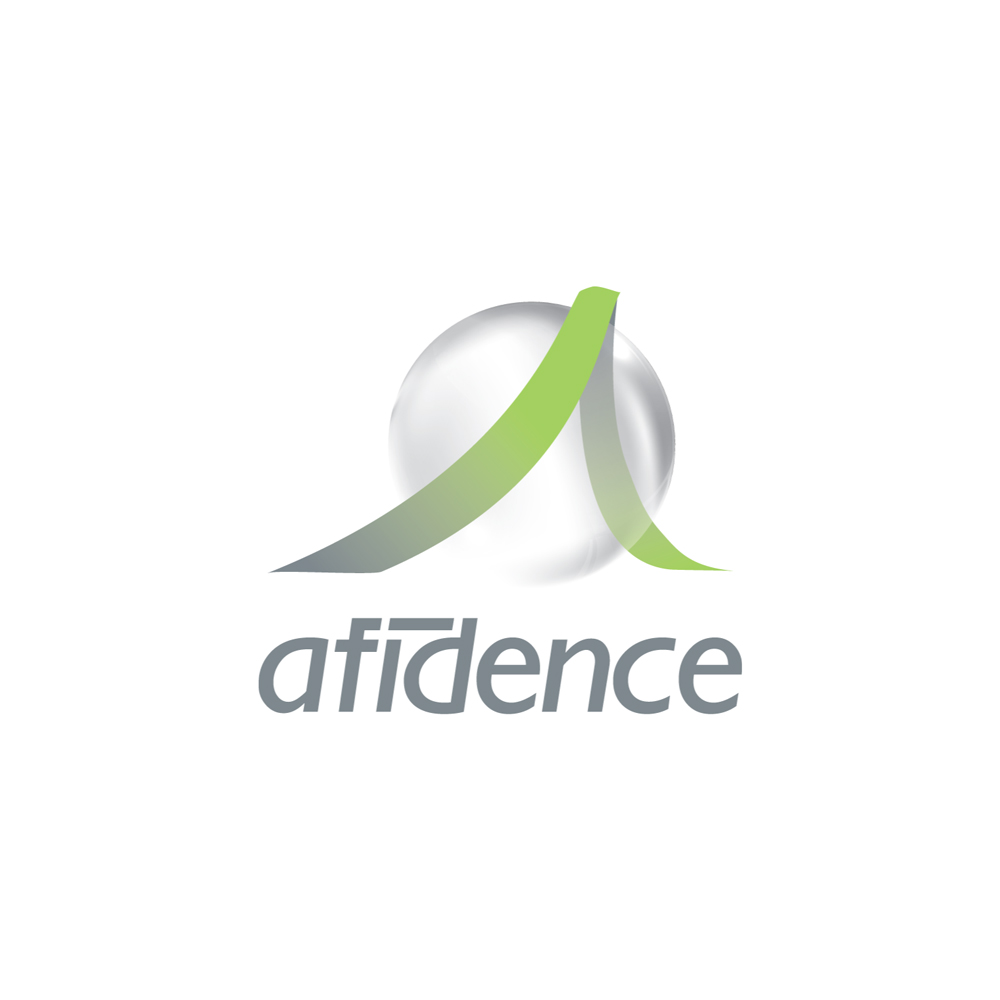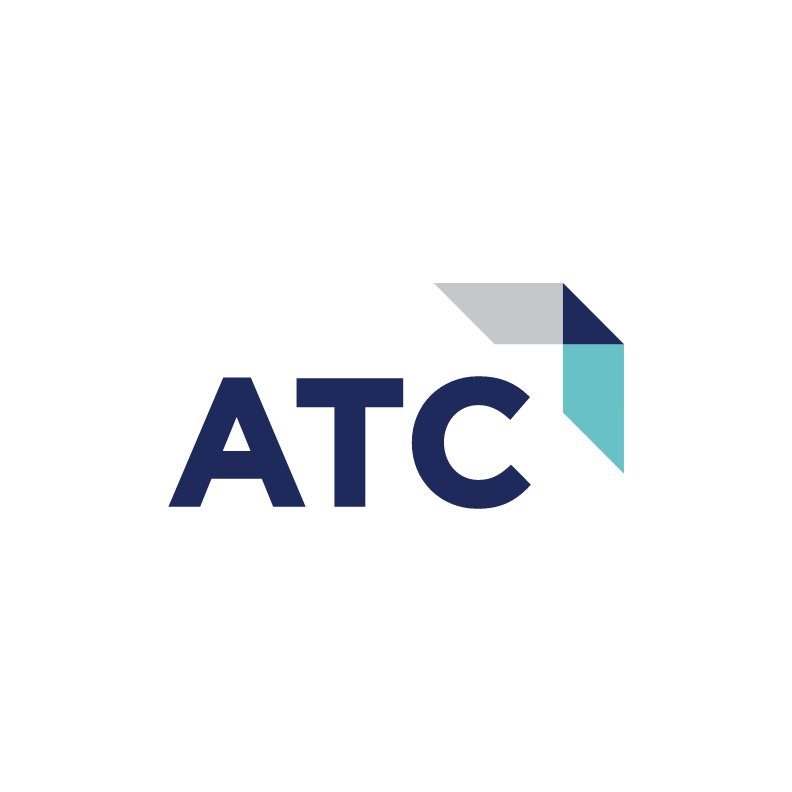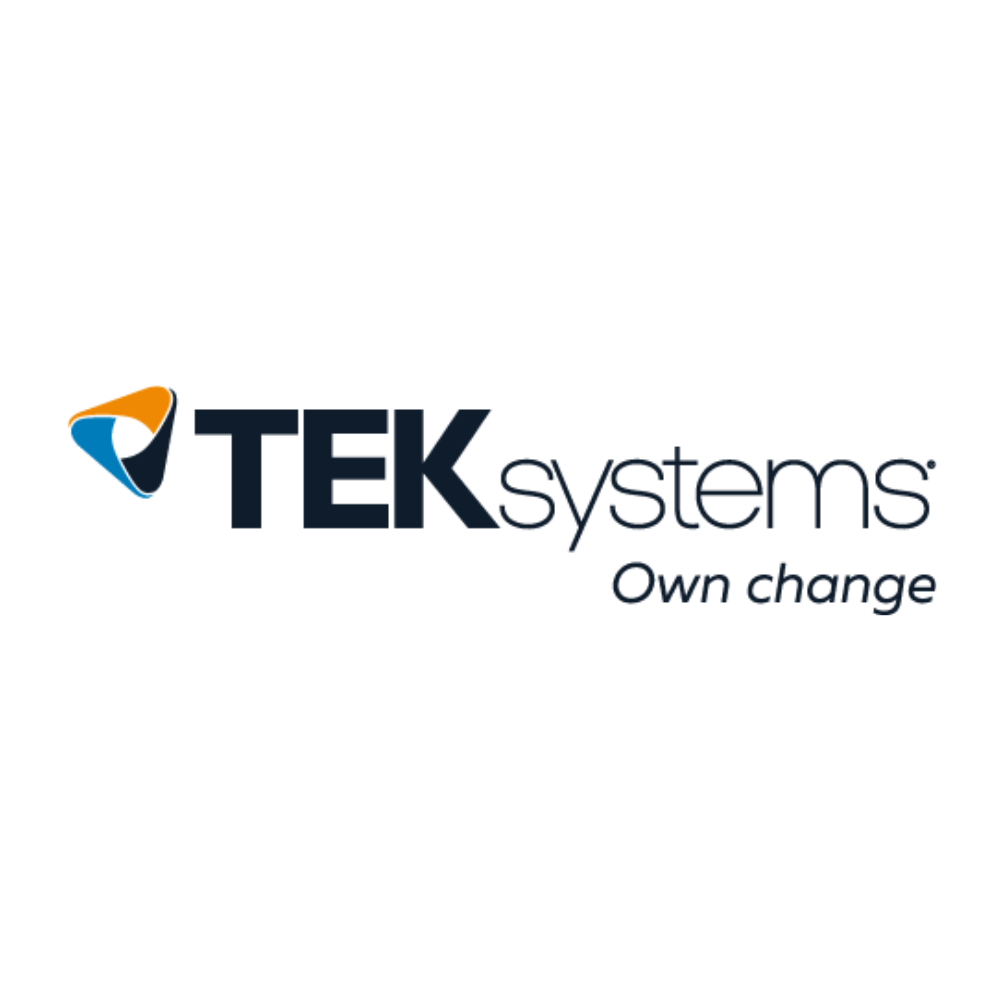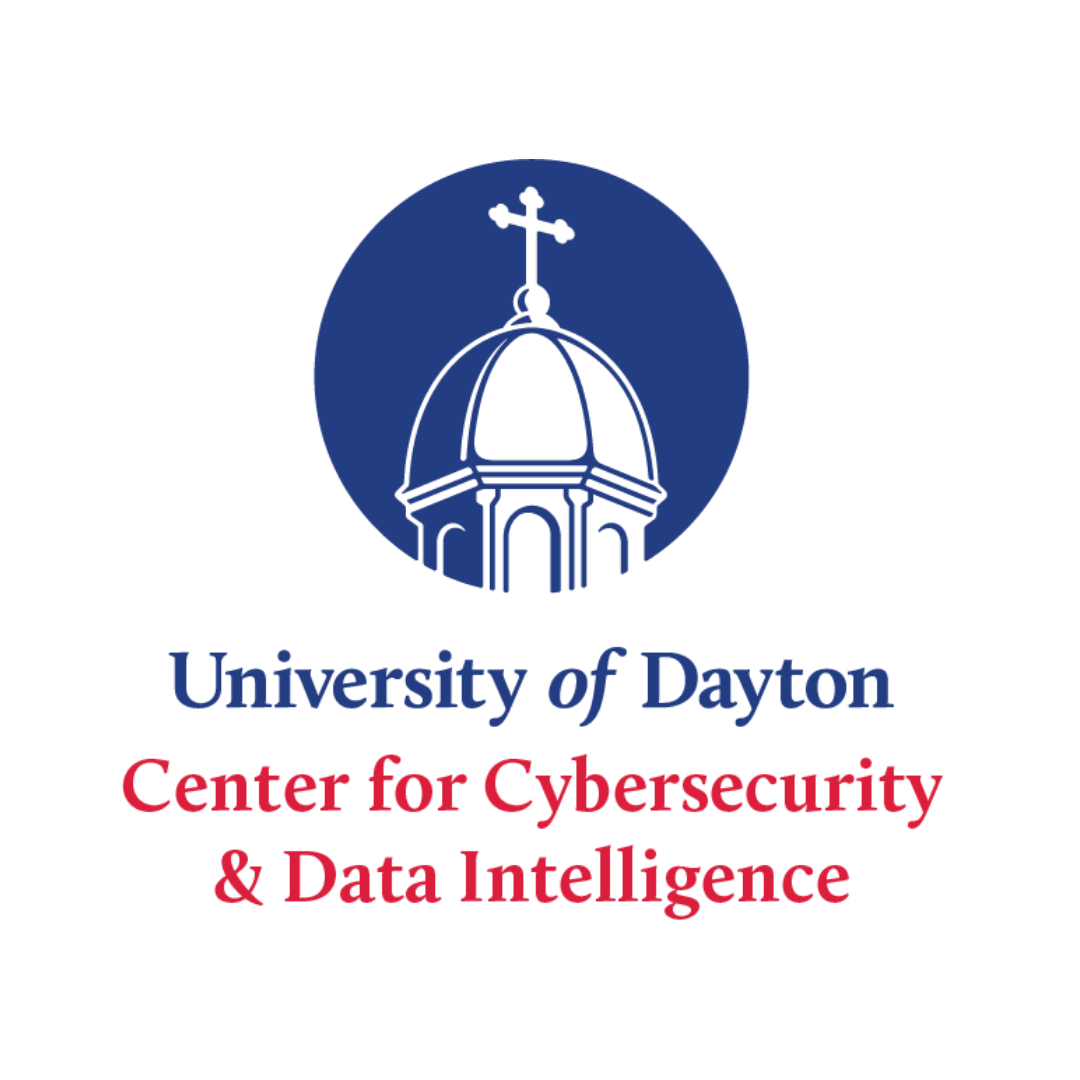
While Artificial Intelligence (AI) has been a hot topic for some time now, AI Agentics, an innovative new type of AI, is shaking up both the business and technology community. Harvard Business Review’s recent article What is Agentic IU and How Will it Chat Work?, said “From the early days of mechanical automatons to more recent conversational bots, scientists and engineers have dreamed of a future where AI systems can work and act intelligently and independently. Recent advances in agentic AI bring that autonomous future a step closer to reality.” Let’s dive into what it is, how it can be used and the pros and cons of Agentic AI.
What Is AI Agentics?
According to IBM, “Agentic AI is an artificial intelligence system that can accomplish a specific goal with limited supervision. It consists of AI agents—machine learning models that mimic human decision-making to solve problems in real time.” In short, AI Agentics are autonomous AI agents that can make decisions and take actions to achieve goals without human oversight. Think of them as super powered digital assistants, instead of just fetching your calendar or drafting an email, they can manage workflows, troubleshoot systems, or even negotiate deals.
These agents are built on advanced Machine Learning (ML) models, often leveraging Large Language Models (LLMs) like those powering ChatGPT, Grok or Copilot. The key differentiator from traditional AI is their agency, they’re not just reactive; they’re proactive. They can operate autonomously in complex, dynamic environments and can adapt based on feedback.
At Intrust IT, we’ve built Marissa, an AI agent that answers, analyzes and routes inbound phone calls to the proper place, freeing up our team to focus on higher value tasks for our clients. Marissa currently manages about 40 percent of all inbound phone calls each week and gets a little better week after week. Marissa is a tireless assistant that handles grunt work, allowing our team to provide more responsive advice and support for our clients. Marissa is a real-world example of Agentic AI at work providing significant business value for our company and our clients.
Marissa is just one example; the applications of AI Agentics are vast and growing for both business and IT operations. Here are some other examples:
- A wholesaler uses an AI agent to negotiate with buyers, analyzing past deals, current inventory, and the buyer’s budget to propose optimized terms.
- An e-commerce company uses an AI agent to analyze competitor prices, customer demand, and market trends in real-time, adjusting product prices to move more product or maximize profit.
- A subscription service employs an AI agent to watch user behavior to predict cancellations then offer personalized incentives to reduce cancellations.
- A healthcare provider uses an AI agent to scrub patient records and flag outliers.
- A software company uses an AI agent to review code to find bugs and vulnerabilities and to suggest code optimizations.
The Pros of Agentic AI
AI Agentics bring a lot to the table including:
- Efficiency: Tasks that once took hours—like debugging a distributed system or analyzing logs—can be done in minutes. Agents work 24/7/365 without rest or burnout.
- Scalability: One agent can manage something that might need a team of humans, making it easier to manage growing workloads without growing headcount.
- Proactivity: Unlike traditional automation, agents anticipate problems and act proactively.
- Cost Savings: By reducing manual work, agents can lower operational costs.
- Adaptability: With continuous learning, agents improve over time.
The Cons of Agentics AI
While there are many benefits, Agentic AI comes with serious challenges that must be addressed:
- Complexity: Building and managing AI agents requires expertise in AI, technology and business. Debugging an agent that’s not working correctly can be difficult due to the “black box” like nature of AI.
- Control: If an agent misinterprets its objectives, like aggressively cutting prices to drive revenue, it can cause big problems. Agents must be tested rigorously and thoroughly and rolled out slowly.
- Security Risks: Agents with access to sensitive systems and data are potential attack vectors. A compromised agent could wreak havoc much faster than a human hacker and may fly under the radar.
- Ethics and Accountability: Who can be held to account when an agent goes astray? The developer? The business? The agent itself? This evolving gray area can be tricky to navigate.
- Upfront Cost: Developing or licensing advanced agents can be expensive and may bust the budget of small organizations.
Striking A Balance
The meteoric rise of AI Agentics is an opportunity as well as a challenge. For now, the key is augmenting, not replacing, human expertise. Start small. Deploy an agent for a low-risk task, then scale up as you refine its behavior and grow your knowledge and expertise. Pair agents with robust oversight tools—kill switches, audit logs, and human-in-the-loop checks—to mitigate your risk.
Why all the Fuss?
So, what’s all the fuss about AI Agentics? Agentic AI promises a future where costs go down and productivity goes up as repetitive tasks fade away. A future where professionals focus on innovation and strategy. These agents promise to transform how we manage organizations due to systems that are smarter, faster, and more resilient. But they also demand reimagining skills, processes, security, and accountability.
The bottom line? AI Agentics isn’t just a trend—they’re a powerful and rapidly growing toolset. Embrace them thoughtfully, and they’ll amplify and extend your capabilities. Ignore them, and you and your organization risk being left behind in a world where autonomy is the new normal. The fuss isn’t just hype; it’s a wake-up call. It’s time to learn what AI Agentics can do for your organization.
Dave Hatter – CISSP, CISA, CISM, CCSP, CSSLP, PMP, ITIL, is a cybersecurity consultant and employee owner at Intrust IT. Dave has more than 30 years’ experience in technology as a software engineer and cybersecurity consultant and has served as an adjunct professor at Cincinnati State for over 20 years. He is a privacy advocate and an Advisory Board member of the Plunk Foundation. Follow Dave on X (@DaveHatter) for timely and helpful technology news and tips.














.png)


